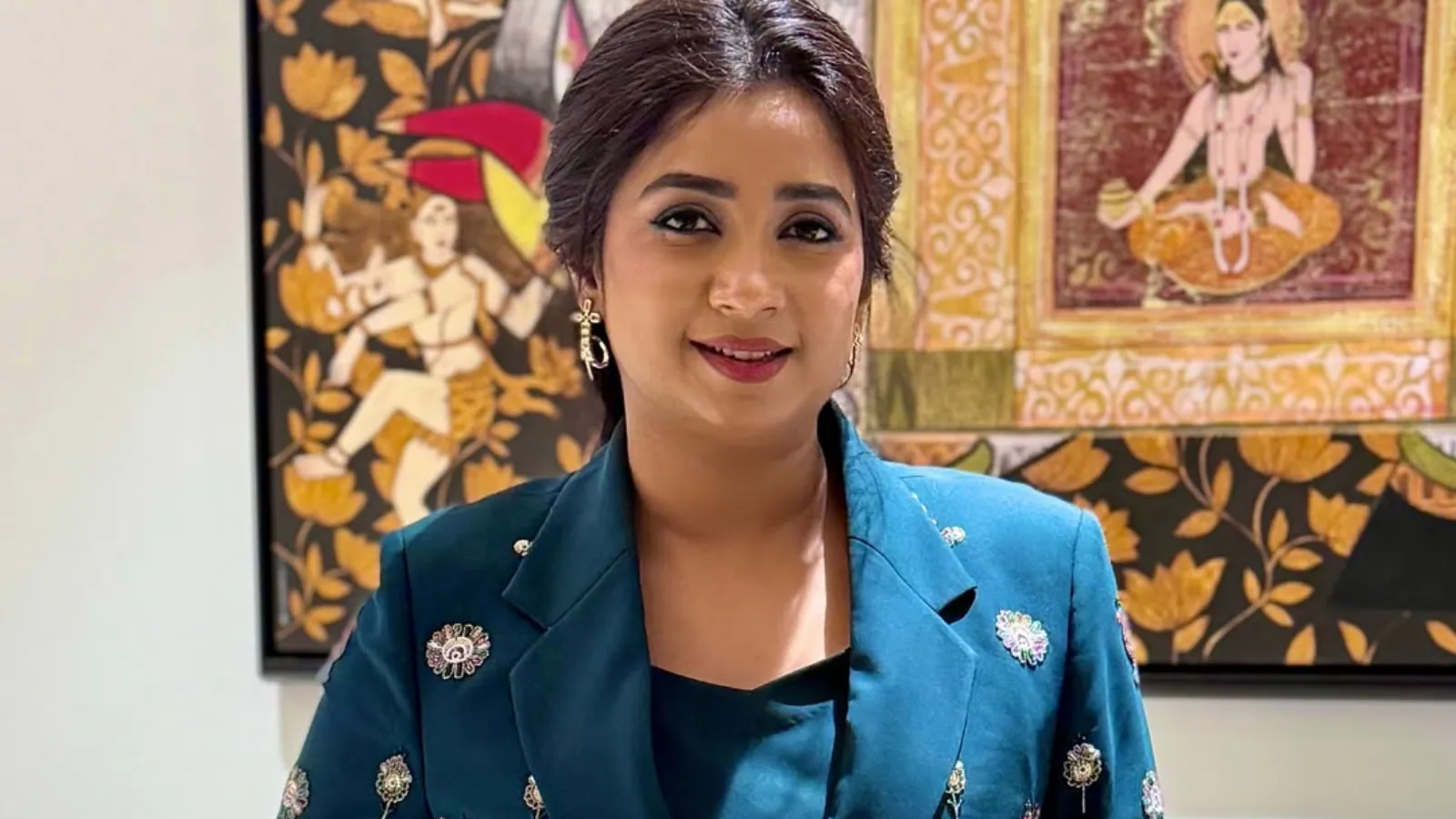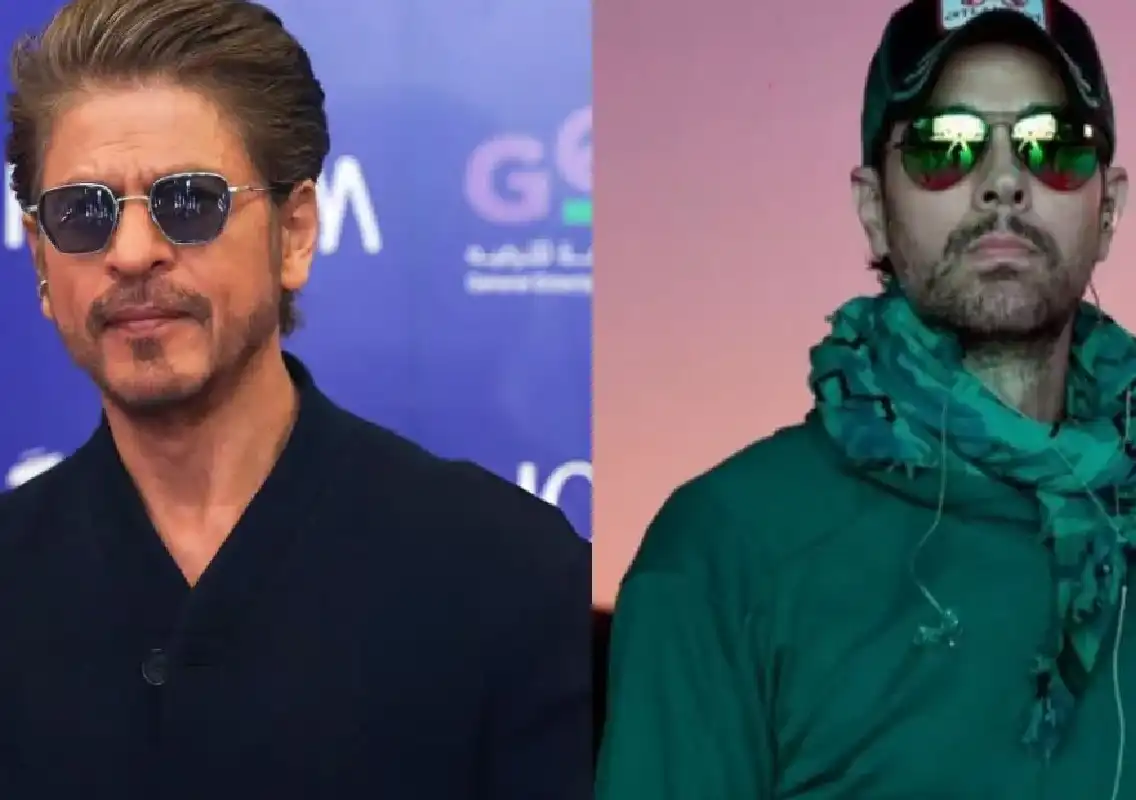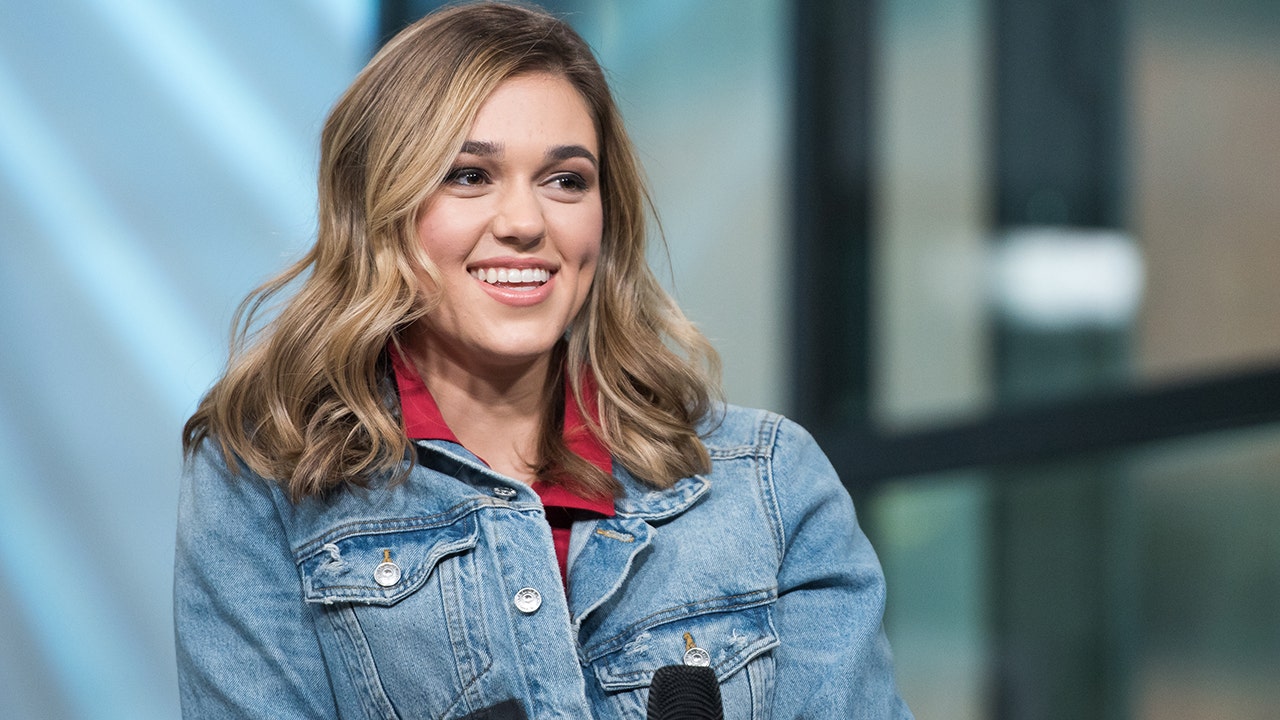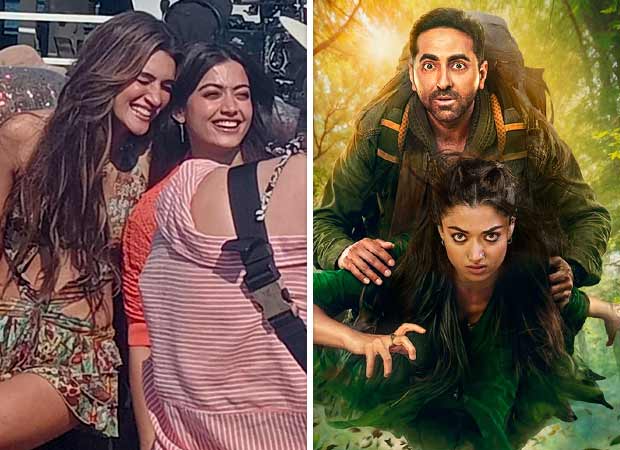Copyright forbes

Courtesy of A List Entertainment Japanese rock legend Yoshiki has lived a thousand lives. He’s a rock star, musician, songwriter, record producer, composer, founder of a music label, fashion designer, philanthropist, documentarian, drummer, pianist, comic book hero, director, wine connoisseur, businessman, visionary, and one of the most influential people of 2025 in Time 100’s annual list. He adds the Asian Hall of Fame to his list of accolades this week as he will be inducted at this weekend’s ceremony in Los Angeles. “I feel very grateful and honored,” Yoshiki says over Zoom from his Los Angeles home. “I’ve been trying to pursue my dream for a long time, but then people started to recognize my effort. I feel like dreams can come true if you try hard.” Yoshiki is one of those generational artists who has evolved with the times throughout his 40+ year career. He began his rock career in the 1980s, finding success with the rock band “X Japan.” In the ‘90s, he experimented with classical compilations, jazz improvisation, and orchestral work, releasing his classical studio album, Eternal Melody, performed by the London Philharmonic Orchestra and produced by legendary Beatles producer George Martin. He worked with several artists from Queen, KISS, Dir En Grey, and more. In the early 2000s, he continued recording, expanded his record label, and collaborated with Warner Music to develop several artists and produced many projects, including Rep! The Genetic Opera and its soundtrack. He also created his own wine collaboration with Napa Valley winemaker Rob Mondavi Jr. In the 2010s, he continued his musical career, composing and creating; started his own fashion line; starred in a comic book series as a superhero version of himself; collaborated with Hello Kitty; and performed worldwide, including concerts at Carnegie Hall. Courtesy of A List Entertainment MORE FOR YOU Since then, he’s continued to perform sold-out shows both as a solo act and with X Japan. He has had three documentaries made about his life – We Are X (2017), _Yoshiki: Life Of A Japanese Rock Star (2020), and Yoshiki: Under the Sky (2023), the latter of which he directed himself. He’s founded and produced several new J-pop artists like XY and Bi-ray. This year, he became the first Japanese artist to be honored with a hand and footprint ceremony at the TCL Chinese Theatre in Hollywood, and won numerous awards for his achievements – too many to list here. Yet, for Yoshiki, he still feels like he hasn’t done enough. “To be honest, I still feel like I’m in the middle of trying to achieve something. On a scale of 1 to 10, with 10 meaning you did something, I feel like I’m somewhere between five and six. So I’m still trying hard.” The overachieving icon does all of this, not because he’s bored, but because he believes in living life to the fullest. He explains, “Sometimes I think I should rest, but at the same time, I don’t want to just exist. I want to live.” He reveals that the people he lost in his life are what keep him going and seeking more in life. At age 10, he lost his father to suicide, which left the artist shocked. It changed his entire perspective on how he wanted to live his life. As time went on, he lost more people in his life, including his mother and his X Japan bandmate, who died by suicide. “As long as I exist in this world, I would like to really try hard to live,” he says. “I decided to live my life as much as I can – as long as I’m doing something I want to do and helping people. I’m still here.” Courtesy of A List Entertainment It’s another reason why mental health, something rarely discussed in Japan, is so important to the superstar. He knows how challenging and competitive the music industry can be, which isn’t always great for mental health. He has openly talked about his depression, sleep disorders, and stress in the past, and established the Yoshiki Foundation America to fund mental health initiatives, as well as disaster relief. “Protecting mental health is very important,” he explains. “I went through so many hard times, and talking about this stuff may help people. I want to contribute to supporting people who may be facing mental health [situations]. That’s why I’m doing these things.” He is also keeping up with the times in the music industry. He’s been around since vinyl records, through cassettes and CDs, to streaming platforms, and is preparing for the next generation of technology: artificial intelligence. “We’re all talking about AI,” says Yoshiki, “AI has a great side, but at the same time, the artistic industries are in chaos right this moment, so I would like to protect the artists. The way the world is moving forward, we may not have amazing artists emerging from 10 or 50 years from now.” He’s attended and spoken at many AI conferences and events, trying to understand the process and development. His goal is to find a way for the artist and AI to coexist. “I’m an advocate of trying to protect the artistic industry. AI has such a strong presence. I want to contribute what I’ve learned to protect artists so we can still have amazing artists emerging 100 years from now. That’s an important thing I’ve been doing.” Courtesy of A List Entertainment He also hopes there will be younger people who appreciate classical music. Gen Z and Alpha have celebrated the quick, short-form content on all social media platforms, which avoids anything longer than 3 minutes. Classical music can last from 10 to 40 minutes. While he finds short-form content amazing, Yoshiki is determined to preserve classical music and long-form content and make them appealing to the next generation. “I have an idea, but it’s not solid,” Yoshiki ponders. “I will find a way to solve this. I will find a way to protect the long-format as well. There’s a way. We just need the right incentive to be able to create that kind of art.” As he prepares for the Asian Hall of Fame ceremony this weekend, he thinks about the legacy he wants to leave behind. He’s grateful for these awards recognizing his achievements and his impact on the world, but he hopes they’ll remember him for his art rather than his human form. “I want the art I’ve created [to be remembered],” says Yoshiki. “Like my song ‘Forever Love’ or ‘Endless Rain,’ I want people to listen to that song 100 years from now. If that song helped people, then I’ll be very happy.” Editorial StandardsReprints & Permissions



